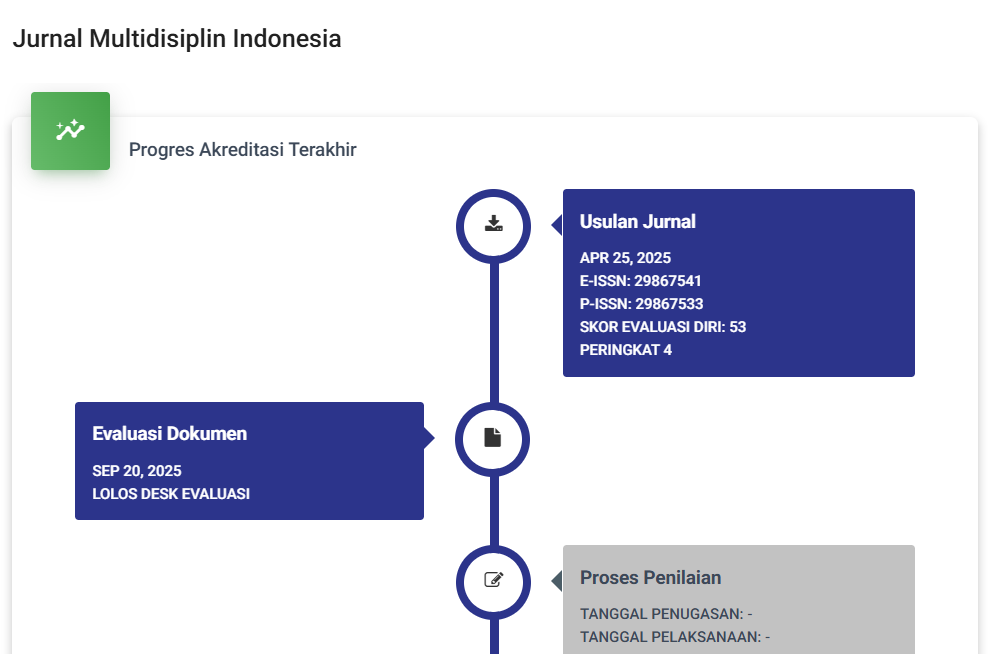Food Security and Trade Liberalization: A Strategic Approach for Indonesia
DOI:
https://doi.org/10.62007/joumi.v3i2.470Keywords:
food security, trade liberalization, agriculture policy, Indonesia, strategic commodities, global trade, empirical analysisAbstract
Indonesia, as one of the largest food-importing nations globally, experiences significant volatility in domestic food prices driven by global market fluctuations. The liberalization of trade, particularly in the agriculture sector, has generated mixed outcomes. While empirical studies highlight potential welfare gains, the benefits are disproportionately skewed toward developed countries, leaving developing economy increasingly dependent on food imports. Strategic commodities such as rice, maize, soybeans, and sugar are especially vulnerable, raising concerns over national food security. Moreover, food security in Indonesia encompasses a multi-dimensional framework, involving not only supply and access, but also household-level consumption patterns and state interventions. In light of these dynamics, this paper argues for the formulation of commodity-specific and temporally responsive food security policies. It emphasizes the integration of theoretical and empirical models that incorporate both global trade realities and localized policy responses to ensure sustainable and equitable food resilience in the context of liberalized markets.
References
Anderson, K., & Tyers, R. (1990). Evaluating the Impact of Trade Liberalization on Agricultural Sectors. Journal of Agricultural Economics , 41(2), 123-145.
Cramer, G., Enic, M., & Shaguan, Y. (2013). The Impact of Trade Liberalization on the World Rice Market. International Rice Research Institute , 58(3), 45-67.
Darmansyah. (2013). The Impact of Economic Policies on Food Security in Indonesia: A Multi-Commodity Approach. Indonesian Journal of Agricultural Economics , 5(1), 15-30.
Hanafie, M. (2013). The Effectiveness of Food Consumption Diversification in Rural Poor Household to Achieve Food Security. Journal of Rural Studies , 29(4), 123-135.
Krugman, P., & Obstfeld, M. (2009). International Economics: Theory and Policy . 8th Edition. Pearson.
Purwaningsih, R. (2018). The Role of Agricultural Policy in Ensuring Food Security in Indonesia. Indonesian Journal of Food Policy , 10(2), 78-90.
Stepherson, J., & Erwidodo. (1995). The Impact of the Uruguay Round Agreement on Indonesia's Agricultural Sector. Asian Economic Policy Review , 2(1), 55-70.
Zieta, A., & Valdes, A. (1990). Trade Liberalization and Food Security in Developing Countries: A 30-Year Forecast. World Development , 18(5), 789-802.
Downloads
Published
How to Cite
Issue
Section
License
Copyright (c) 2025 Jumarni Fare

This work is licensed under a Creative Commons Attribution-ShareAlike 4.0 International License.







